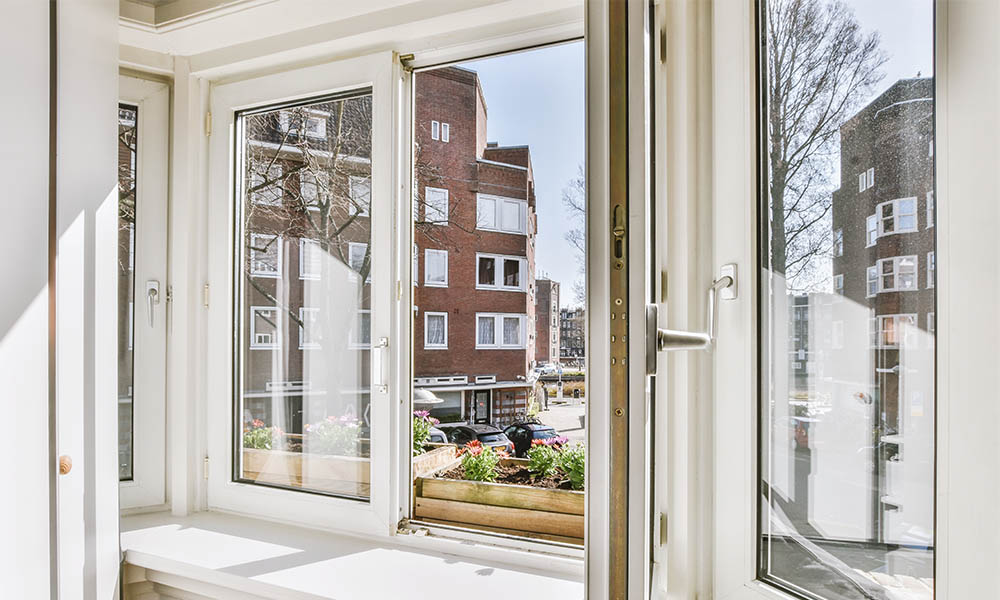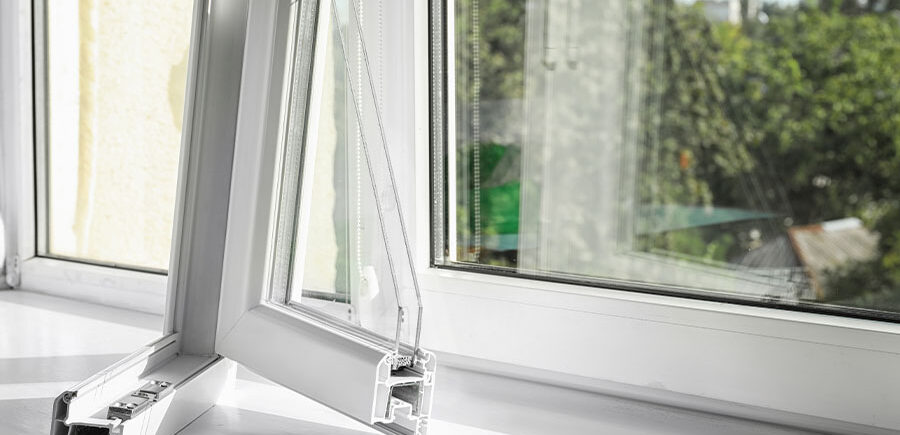Double Glazing vs. Triple Glazing: Choosing the Right Option for Your Home
Introduction to Double Glazing and Triple Glazing
Double glazing and triple glazing refer to window systems comprising multiple layers of glass separated by air or inert gas-filled spaces, known as “panes” or “glazing layers.” The primary objective of both systems is to enhance thermal insulation, minimize heat loss, and reduce energy consumption within residential and commercial buildings. Let’s explore the fundamental differences between these two options:
c) Sound Insulation:
While double glazing offers moderate sound insulation benefits by reducing external noise levels, it may not be as effective as triple glazing in blocking out sound transmission from the outside environment.
d) Cost:
Double glazing is generally more affordable than triple glazing, making it a popular choice for homeowners seeking a balance between performance and cost-effectiveness.
1. Double Glazing
a) Construction:Double glazing consists of two layers of glass separated by a spacer bar, typically made of aluminum or other materials, which creates an insulating gap between the panes. The space between the glass panes is filled with air or a low-conductivity gas, such as argon or krypton, to improve insulation.
b) Thermal Performance:
Double glazing provides a significant improvement in thermal insulation compared to single-pane windows. The insulating air or gas layer between the glass panes reduces heat transfer, helping to maintain a more stable indoor temperature and minimize energy loss.

2. Triple Glazing:
a) Construction:
Triple glazing features three layers of glass separated by two spacer bars, creating two insulating air or gas-filled gaps between the panes. Similar to double glazing, the spaces between the glass layers are typically filled with argon or krypton gas for enhanced insulation.
b) Thermal Performance:
Triple glazing offers superior thermal insulation compared to double glazing due to an additional glass pane and insulating airspace. This extra layer of glass reduces heat transfer and improves energy efficiency, making triple-glazed windows ideal for colder climates and properties with higher energy efficiency requirements.


c) Sound Insulation:
One of the significant advantages of triple glazing is its exceptional sound insulation properties. The multiple layers of glass and airspace provide enhanced soundproofing, reducing external noise levels and creating a quieter indoor environment compared to double glazing.
d) Cost:
Triple glazing typically comes with a higher upfront cost compared to double glazing due to the additional materials and complexity of the window system. However, the long-term energy savings and improved comfort may justify the initial investment for homeowners prioritizing energy efficiency and thermal comfort.
Factors to Consider When Choosing Between Double Glazing and Triple Glazing:
1. Climate and Location:
Consider the climate and geographical location of your property when selecting between double glazing and triple glazing. Triple glazing is well-suited for colder climates with harsh winters, where superior thermal insulation is essential to minimize heat loss and enhance comfort. In milder climates, double glazing may provide sufficient insulation while offering a more cost-effective solution.
2. Energy Efficiency Goals:
Assess your energy efficiency goals and long-term savings objectives when deciding between double glazing and triple glazing. While triple glazing offers higher thermal performance and potential energy savings, it may require a larger upfront investment. Evaluate your budget and projected energy savings to determine the most cost-effective option for your home.
3. Noise Reduction Requirements:
If your property is situated in a noisy urban environment or near busy roads, consider the level of sound insulation required. Triple glazing is more effective at blocking out external noise compared to double glazing, making it an excellent choice for homeowners seeking a quieter living environment.
4. Window Frame Material:
The choice of window frame material can influence the overall performance and effectiveness of double glazing and triple glazing systems. Opt for high-quality window frames with excellent insulation properties, such as uPVC, timber, or aluminum-clad wood, to complement the thermal efficiency of the glazing units.

Conclusion
In summary, both double glazing and triple glazing offer valuable benefits in terms of thermal insulation, energy efficiency, and comfort enhancement for residential properties. The decision between double glazing and triple glazing depends on various factors, including climate, energy efficiency goals, noise reduction requirements, and budget considerations. By understanding the differences between these two options and evaluating your specific needs, you can make an informed choice to enhance the performance and sustainability of your home’s windows. Whether you opt for double glazing or triple glazing, investing in high-quality, energy-efficient windows can result in long-term savings, increased comfort, and reduced environmental impact for years to come.

